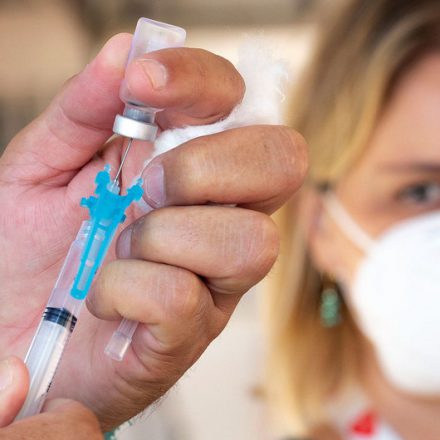Research Shows Short-Term Brain Benefits from Simple Movement
A new study from researchers at the Penn State College of Medicine suggests that engaging in everyday physical activity could provide immediate cognitive benefits, especially for middle-aged adults. While much of the research on exercise and brain health focuses on long-term benefits, this new study shows that even light physical activity, like walking or doing household chores, can improve cognitive processing speed in the short term.
Published in Annals of Behavioral Medicine, the study found that middle-aged participants who engaged in regular movement showed cognitive improvements equivalent to being four years younger. These benefits were observed regardless of whether the activity was of lower intensity—such as walking the dog or cleaning the house—or higher intensity, such as jogging or cycling.
Jonathan Hakun, an assistant professor of neurology and psychology at Penn State and the study’s lead author, emphasized the importance of everyday movement. “You don’t have to go to the gym to experience all the potential benefits of physical activity,” he said. “All movement is important. Everyday movement counts as a source of accumulated physical activity that could be credited toward a healthy lifestyle and may have some direct impact on cognitive health.”
The research team sought to understand the short-term impact of physical activity on brain health, a perspective that has been less studied in prior research. Using smartphone technology, the researchers conducted an experiment with participants over nine days, during which they checked in with participants six times a day. The participants, aged 40-65, reported on their physical activity and were prompted to play two “brain games” to assess cognitive processing speed and working memory, a key element of executive function.
The team analyzed data from 204 participants in the Multicultural Healthy Diet Study to Reduce Cognitive Decline & Alzheimer’s Risk, focusing on those who had no history of cognitive impairment. Half of the participants were Black or African American, and 34% were Hispanic, hailing from the Bronx, NY. The results showed that physical activity in the hours leading up to each check-in led to measurable improvements in cognitive processing speed. These improvements were equivalent to reversing cognitive aging by about four years.
Interestingly, while there were no significant improvements in working memory, the response times during the working memory task mirrored those of the cognitive processing speed test, hinting at a possible indirect effect on other aspects of cognitive function. The study also found that individuals who reported being active more frequently experienced greater short-term benefits, suggesting that regular physical activity may offer even more pronounced cognitive boosts.
Hakun acknowledged that while the findings are promising, more research is needed to understand the specific role of activity intensity, frequency, and timing in cognitive health. “There’s the potential for a brief walk or a little extra movement to give you a boost,” he said. “We get slower as we age, both physically and cognitively. The idea here is that we can momentarily counteract that through movement. It’s compelling.”
Future research could involve pairing the ecological momentary assessment method with activity monitoring tools to track physical activity and cognitive outcomes in real-time. Hakun hopes to also extend the study’s timeline to assess the long-term effects of everyday movement on cognitive health over the course of normal aging.
The study was funded by the National Institute on Aging of the National Institutes of Health and involved multiple contributors, including Penn State’s Daniel Elbich, Tian Qiu, and Martin Sliwinski, as well as researchers from the University of Michigan and Albert Einstein College of Medicine.












